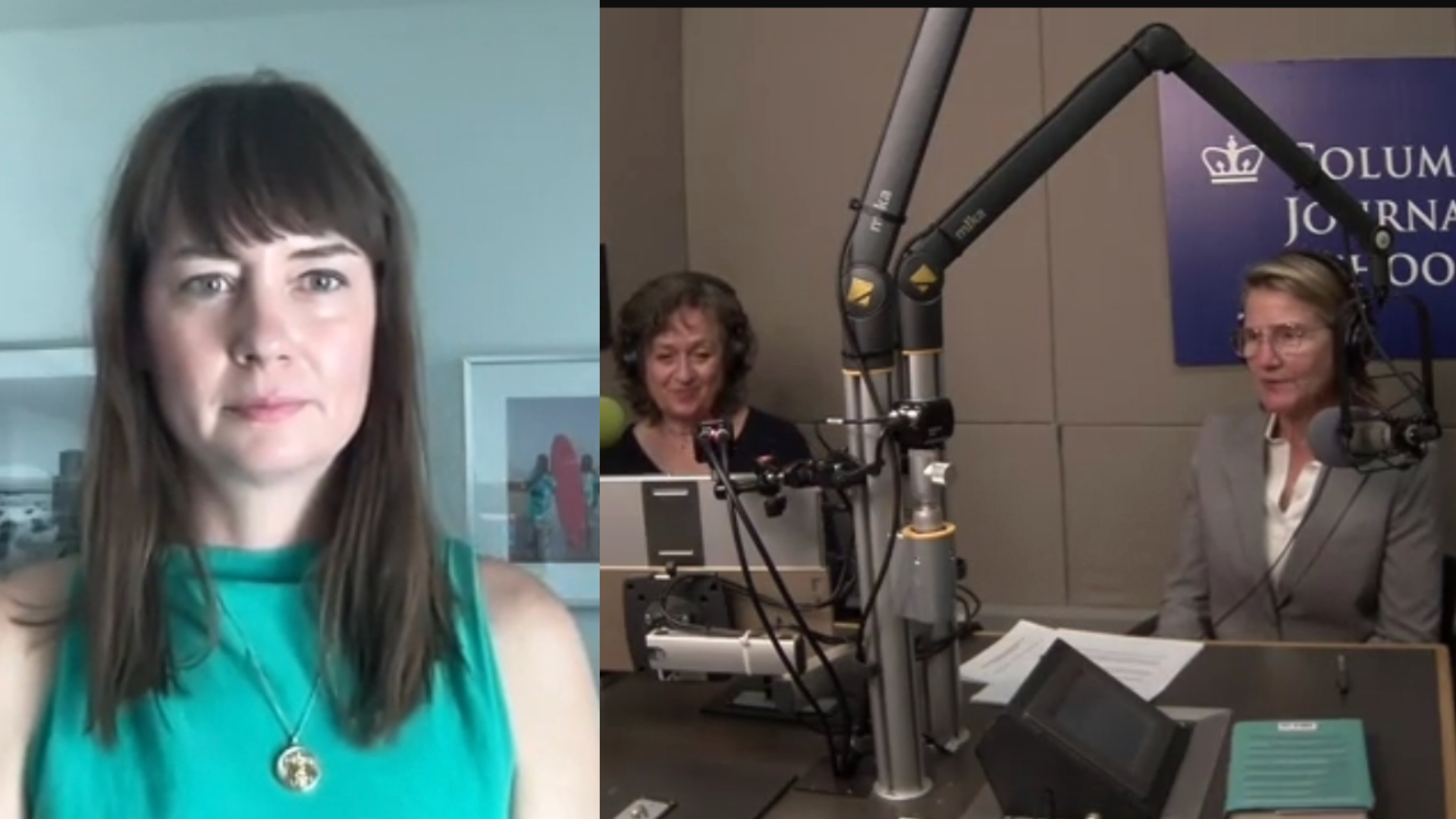“I respect the Boy Scouts. I respect what they were founded on. But there was a really dark side and no one was talking about it.”
–Leave No Trace Director Irene Taylor
“Leave No Trace” is a 2023 duPont-Columbia Award winning documentary that exposes the stunning history of sexual abuse faced by over 80,000 young men and its subsequent cover up by The Boy Scouts of America. The film highlights the voices of six men and boys, who bravely share their stories and hold power to account.
Director Irene Taylor talks about the relentless way her team took on an “All-American” institution and the sensitive way they approached its survivors.

